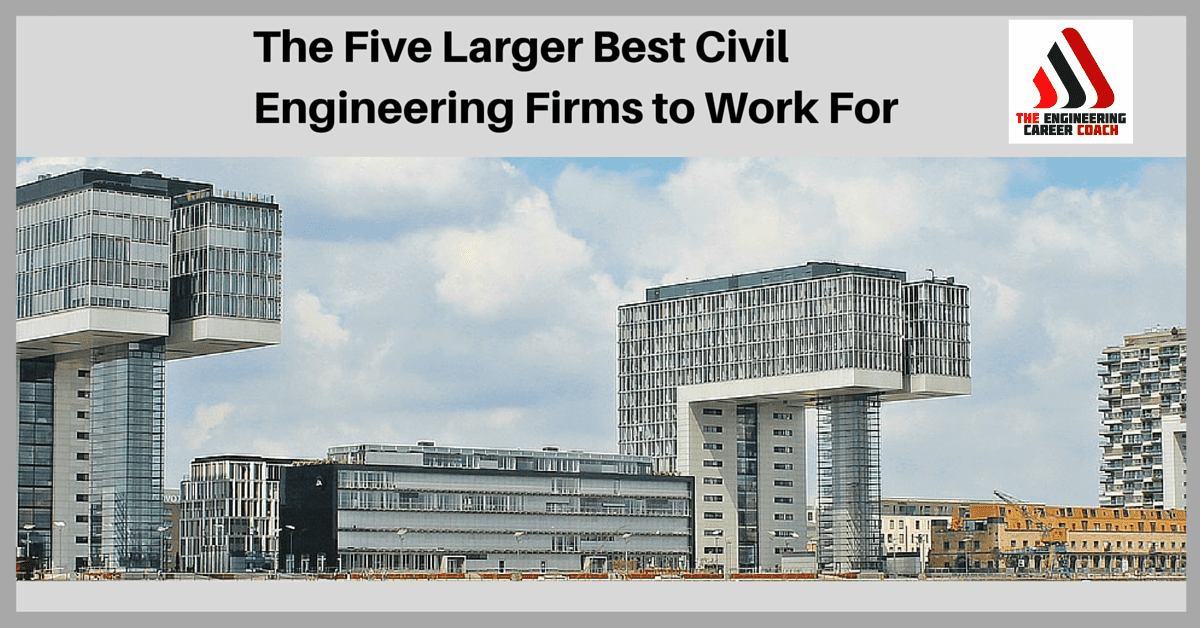2025’s Best Civil Engineering Employers: Startups vs. Mega-Corps (US/EU/AU)

Civil Engineering Employers, Civil engineering in 2025 isn’t just about bridges and roads—it’s about AI-driven design, carbon-neutral infrastructure, and smart cities. But where should you work to ride this wave? Startups promise agility and innovation, while mega-corps offer stability and global impact. Your choice could mean the difference between pioneering a drone-powered surveying tool or managing billion-dollar rail projects.
The catch? Regional trends vary wildly. In the US, federal infrastructure bills are funneling $1.2 trillion into public works, favoring mega-corps like AECOM and Jacobs. Meanwhile, EU startups are thriving under the Green Deal’s sustainability mandates, and Australia’s mining sector is split between legacy firms and tech-driven newcomers.
This guide dives into salary data, growth opportunities, and workplace cultures at 2025’s top civil engineering employers. You’ll learn which companies dominate your region, which skills (like BIM or Python automation) they value most, and whether a startup’s equity stake beats a corporate pension.
Spoiler: There’s no “best” employer—only the best fit for your goals. Let’s decode the trade-offs.
Why Your Employer Choice Matters in 2025. Civil Engineering Employers
By 2025, the global civil engineering market will hit $12.9 trillion, with 60% of projects tied to sustainability or digital transformation (Global Infrastructure Hub, 2023). Employers are scrambling to adapt, creating a split:
-
Mega-Corps: Offer resources for large-scale projects (e.g., high-speed rail, offshore wind farms) but may lag in tech adoption.
-
Startups: Drive AI, drone, and IoT innovation but face financial instability.
Salaries tell part of the story. In the US, mega-corps pay 15–25% more for entry-level roles, but startups offer equity and rapid promotions. In the EU, startups in Germany and Sweden often match corporate salaries while providing greener project portfolios.
Top Civil Engineering Employers in 2025: Regional Breakdown
United States
Mega-Corps Dominating Infrastructure:
-
AECOM: Leads in DOT contracts and smart city projects. Avg. Salary: $95,000 (mid-level).
-
Bechtel: Nuclear and aerospace infrastructure specialists. Offers $120,000+ for PM roles.
-
Jacobs: Sustainability-focused, with 40% of projects tied to renewable energy (Forbes, 2023).
Startups to Watch:
-
Versatile: Uses AI for construction analytics. Salaries: 85,000–85,000–130,000 with stock options.
-
Built Robotics: Autonomous heavy machinery. Hires mechatronics-savvy engineers.
Software Skills in Demand:
-
AutoCAD Civil 3D (mega-corps)
-
Revit + Python scripting (startups)
European Union. Civil Engineering Employers
Mega-Corps with Green Focus:
-
Vinci Construction: Manages €48B in EU Green Deal projects. Avg. Salary: €65,000.
-
Skanska: Net-zero construction pioneers. Offers €70,000+ for BIM managers.
Startups Revolutionizing Sustainability:
-
Planetary Hydrogen: Carbon-negative concrete tech. Salaries: €55,000–€80,000.
-
TWAICE: Battery analytics for renewable storage. Seeks civil engineers with energy systems expertise.
Software Skills in Demand:
-
SAP2000 (mega-corps)
-
Grasshopper (parametric design for startups)
Australia
Mega-Corps in Mining & Infrastructure:
-
CIMIC Group: Dominates mining and PPP projects. Avg. Salary: AU$140,000.
-
Aurecon: Coastal resilience specialists. Pays AU$130,000 for climate adaptation roles.
Startups Tackling Unique Challenges:
-
FBR Limited: Robotics for bricklaying in remote areas. Salaries: AU110,000–AU110,000–AU150,000.
-
Endua: Hydrogen-powered off-grid energy systems.
Software Skills in Demand:
-
12d Model (mega-corps)
-
Drones + GIS (startups)
Startups vs. Mega-Corps: Key Trade-Offs
Career Growth
-
Mega-Corps: Structured promotions, mentorship programs, and global transfers.
-
Startups: Faster trajectory—engineers often manage teams within 2 years.
Salary & Benefits
-
Mega-Corps: Higher base pay, pensions, and tuition reimbursement (e.g., AECOM’s $10k/year education stipend).
-
Startups: Equity (pre-IPO shares), bonuses tied to milestones, and flexible work.
Project Impact
-
Mega-Corps: Work on iconic projects (e.g., HS2 Rail in the EU).
-
Startups: Innovate but risk project cancellations (e.g., funding droughts).
4 Must-Read Books for Aspiring Civil Engineers
-
“The Lean Startup” by Eric Ries
-
Why Read?: Master agile workflows crucial for startup success.
-
-
“BIM Handbook” by Rafael Sacks et al.
-
Why Read?: BIM is non-negotiable in mega-corps.
-
-
“Engineers’ Survival Guide” by Merih Taze
-
Why Read?: Navigate corporate politics vs. startup chaos.
-
-
“Sustainable Infrastructure: Principles into Practice” by S. Bryson
-
Why Read?: Align with global green mandates.
-
How to Choose: 5 Questions to Ask

-
Do I value stability or innovation?
-
Mega-corps = predictable workflows. Startups = high risk, high reward.
-
-
What’s my 5-year goal?
-
Corporate leadership (MBA pathways) vs. entrepreneurial ventures.
-
-
Does the company invest in tech?
-
Check if they use ETABS, AI tools, or drones.
-
-
What’s the work-life balance?
-
EU corps often prioritize this; startups may demand longer hours.
-
-
Is there geographic flexibility?
-
Mega-corps offer global postings; startups may be location-locked.
-
The Verdict: Which Employer Wins in 2025?
-
USA: Mega-corps for salary, startups for equity and smart city roles.
-
EU: Startups for sustainability impact, corps for historic projects.
-
AU: Mega-corps in mining, startups in renewable tech.
Ready to Apply?
-
Polish your Revit portfolio for mega-corps.
-
Highlight Python or IoT projects for startups.
References:
-
Global Infrastructure Hub Report: https://www.gihub.org
-
AECOM Careers: https://www.aecom.com/careers/
-
EU Green Deal Projects: https://ec.europa.eu/info/strategy/priorities-2019-2024/european-green-deal_en
-
Engineers Australia Salary Guide: https://www.engineersaustralia.org.au



